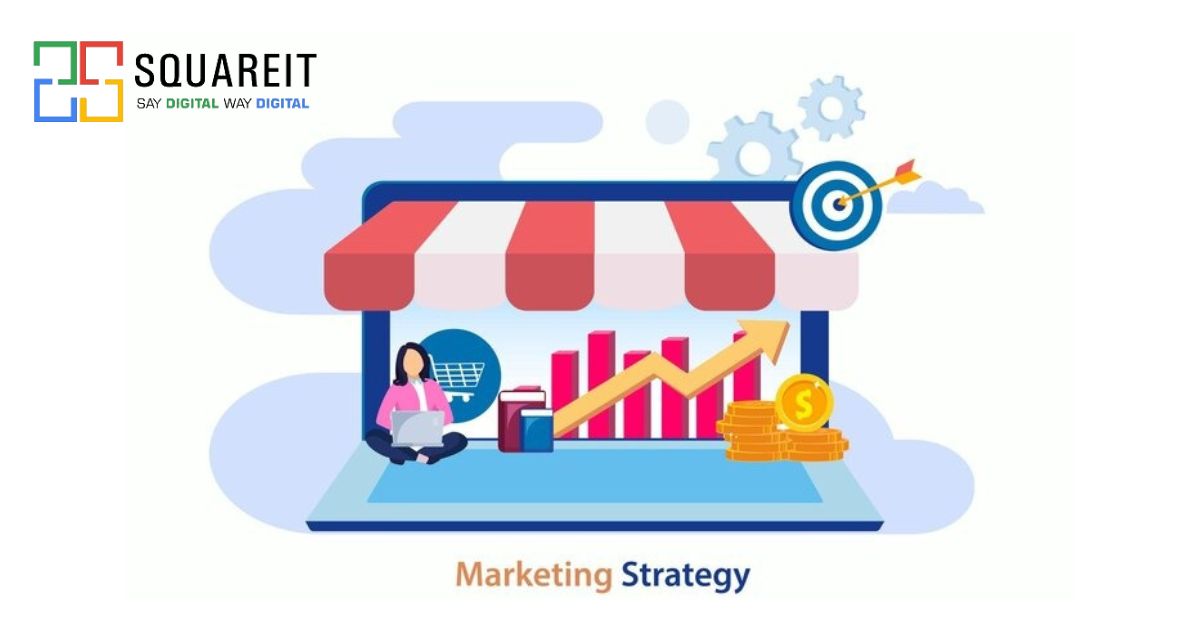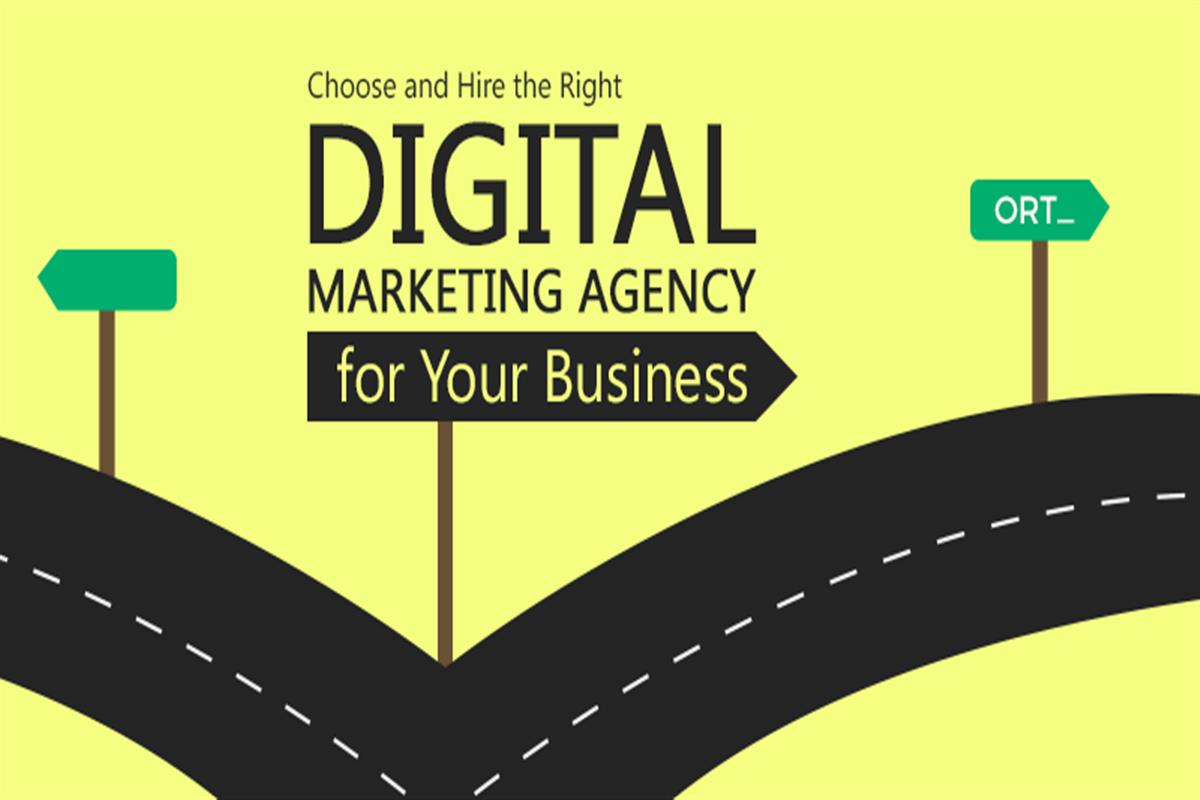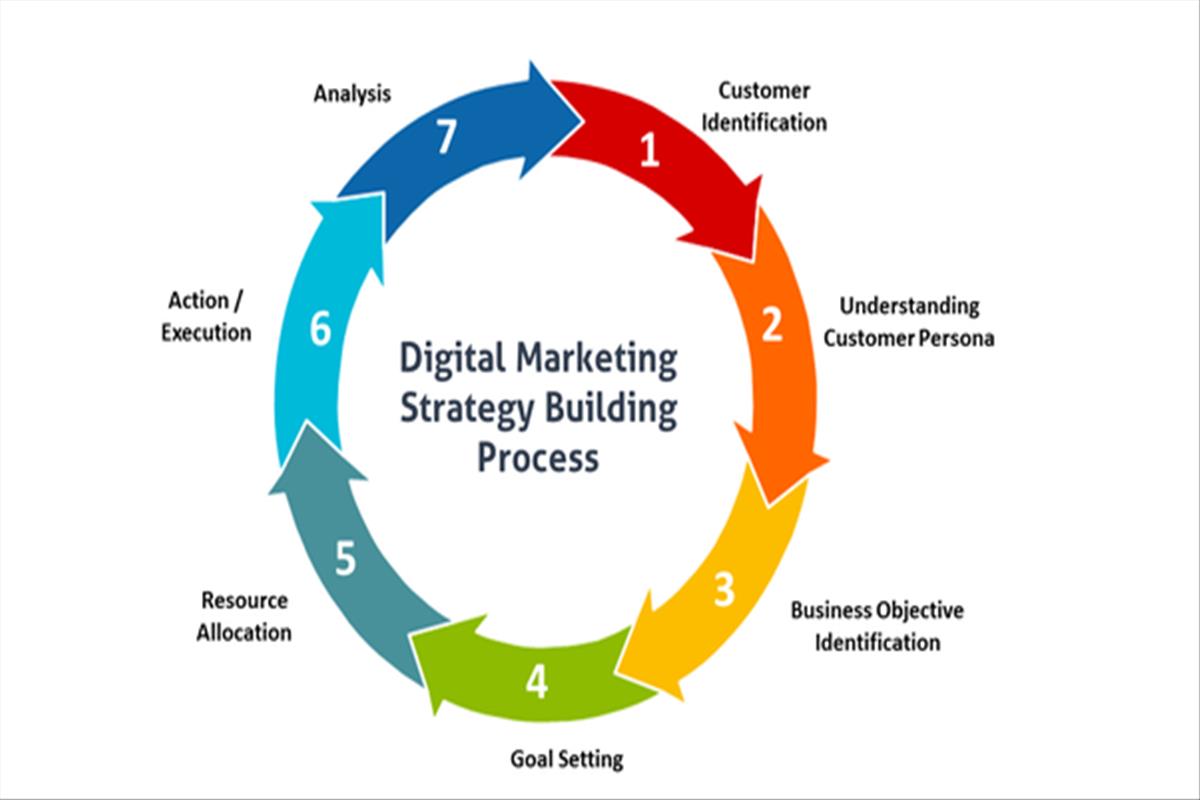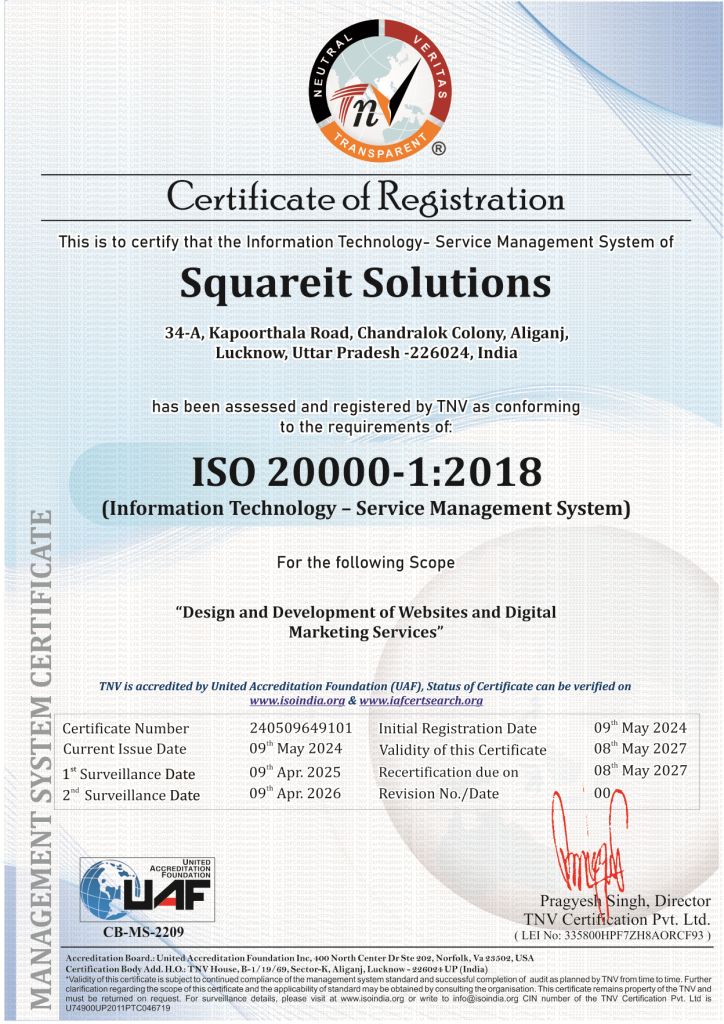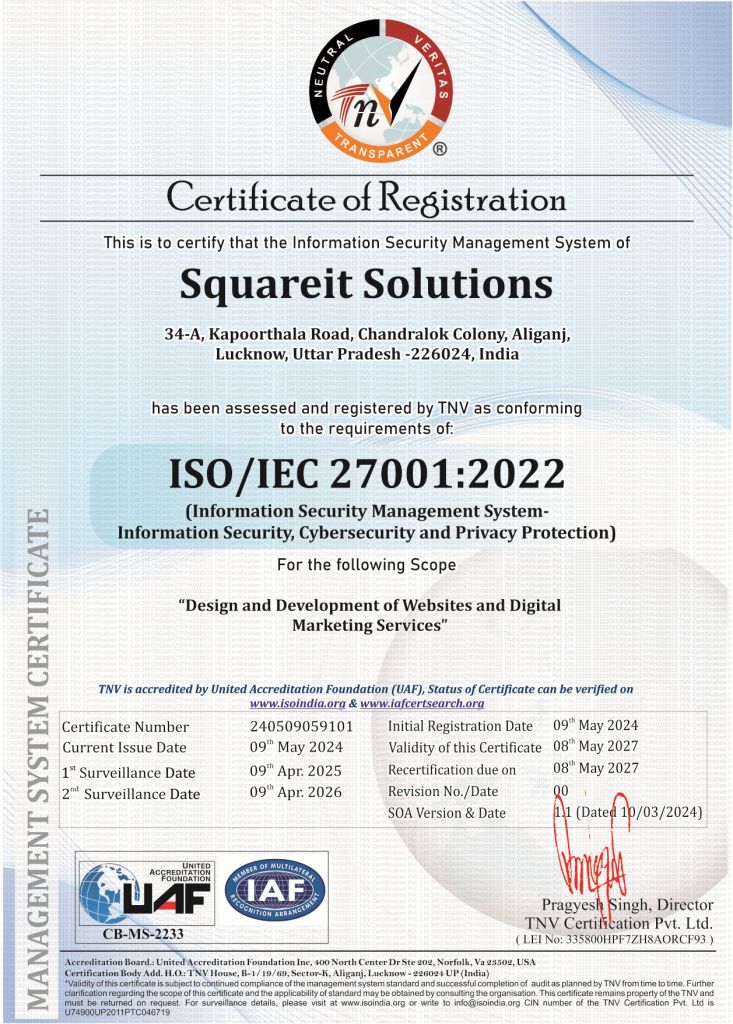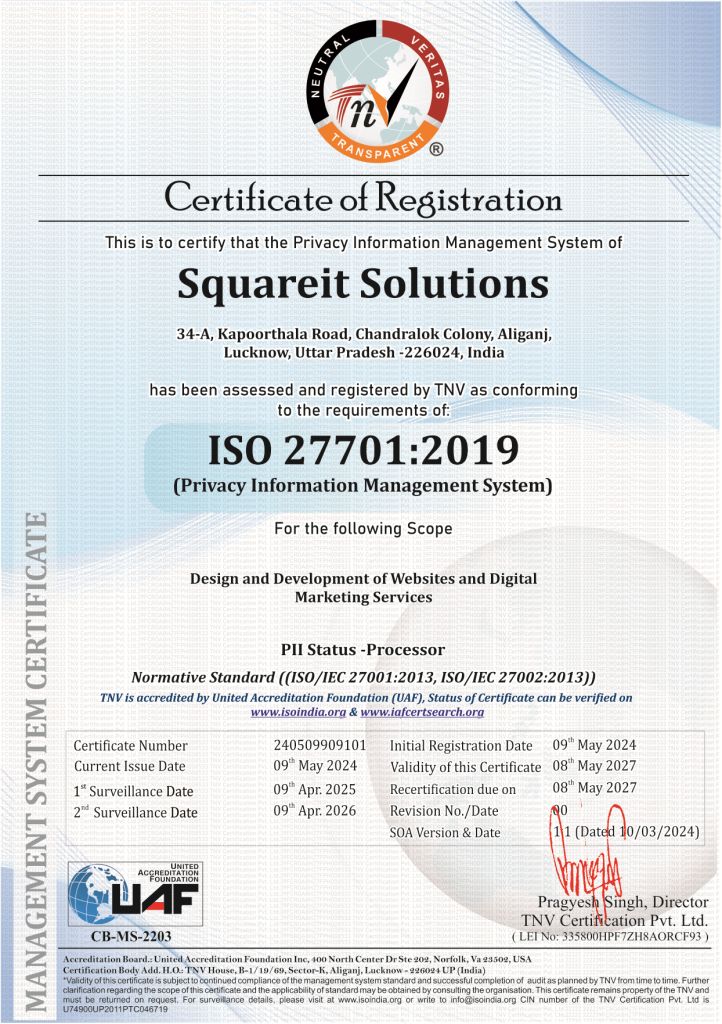Digital Marketing offers cost-effective strategies for small businesses to expand, target, and engage globally.
Digital marketing empowers small businesses in India by offering cost-effective strategies to reach a broader audience, improve targeting, and enhance engagement. It allows for measurable results and levels the playing field with larger competitors. By leveraging digital marketing, small businesses can drive growth, increase visibility, and achieve long-term success in a competitive market.
Small businesses in India are increasingly recognizing the importance of transitioning to digital marketing in today's evolving landscape. Online platforms offer numerous opportunities for small businesses to expand their operations, compete with larger enterprises, and reach a broader customer base. In this blog, we will explore the top seven benefits of digital marketing for small businesses in India.
Cost-Effective Marketing
The greatest benefit of digital marketing is its cost-effectiveness. Traditional marketing methods like print ads, billboards, and TV commercials are often too expensive for small businesses to afford. Digital marketing provides small businesses the opportunity to convey their message to their target audience at a fraction of the cost. With options such as social media marketing, email marketing, and pay-per-click advertising, small businesses can achieve significant results without spending excessively.
Here are some points on cost-effective advertising in digital marketing:
- Pay-per-click (PPC) advertising: Google ads allow for this cost-effective means of driving targeted traffic because businesses only pay when users click.
- Content marketing: In addition, over time this can save paid adverts as people will come organically. Invest in creating high-quality content that will attract and engage your target audience.
- Email Marketing: This is done by maintaining an email list whereby you send appropriate campaigns directly to potential customers hence aiding in nurturing leads cheaply and boosting sales.
- Influencer partnerships: Work with micro-influencers who have a targeted audience that aligns with your product. It is an affordable alternative when compared to traditional forms of advertising.
- Retargeting Ads: This means that you may use retargeting advertising campaigns aimed at reaching users who have already interacted with your website or content thereby increasing the probability of conversion at minimal cost.
- SEO Optimization: A technique which refers to optimizing one’s website so that it appears higher up in search engine results thus generating constant income traffic without incurring any cost over time.
- Utilize Free Tools: Take advantage of tools such as Google Analytics, Canva, and Hootsuite which are free online marketing tools that help manage your campaigns efficiently without spending an extra dime on them.
- User Generated Content: For free advertising encourage customers to create and share some materials related to your brand.
- Referral Programs: By implementing referral programs in which existing customers can earn rewards for bringing in new businesses, you will be able to cut on high-cost marketing despite having more customers.
Wider Audience Reach
Digital marketing gives small businesses a chance to compete on the same playing ground as their big counterparts, offering them an opportunity to access the global market. Traditional marketing methods often limit small businesses, preventing them from competing effectively with larger companies, which can be a significant disadvantage. However, through digital marketing, small businesses are not constrained by geographical barriers, allowing them to reach clients worldwide. The ability to target specifically defined audiences through social media, search engines, or websites enables these businesses to access a broader customer base than just their local areas, considering factors like geography, interests, and behavior.
Improved Targeting and Personalization
One key opportunity that digital marketing has to offer a business is targeting and personalization. The tool, such as Google Analytics, empowers a business to observe the behavioral tendencies and preferences of the target market. Thus, this allows an opportunity for small businesses to be able to create customized marketing campaigns to serve effective communication with their audience. A business engages a client best and increases its ratios of conversion to sales when it personalizes messages and offers to individual clients. With this in place, the business will further be allowed better customer engagement and improved conversion ratios to sales.
Measurable Results and Analytics
One of the greatest advantages that digital marketing gives is effectiveness in measurement and tracking results. Marketing results with traditional marketing techniques are very difficult to measure or check if the given advertisement or campaign has been successful. Digital marketing, through analytics reports, gives accurate information on how a campaign is working out. Small businesses can monitor metrics like website traffic, conversion rates, click-through rates, and return on investment in real-time. It is this data-driven way by which businesses can go on to seek informed decisions, hence optimizing marketing efforts in a bid to achieve enhanced results.
Increased Engagement and Interaction
In addition to this, small business marketing may involve interaction on various other customer service points made possible by these digital marketing platforms. Social media platforms like Facebook, Instagram, and Twitter allow a business to answer questions with immediacy. Email marketing is meant for personalized communications, whereas content marketing shares valuable information with the audience. Such meaningful interactions help small businesses build trust and loyalty with their customers
Better Conversion Rates
Digital marketing is a powerful tool that can significantly enhance the growth potential of small businesses. It encompasses a wide range of strategies, each designed to drive targeted traffic to a business's website, thereby increasing the chances of converting visitors into paying customers. Among these strategies, search engine optimization (SEO), pay-per-click (PPC) advertising, and email marketing are particularly effective.
- Search Engine Optimization (SEO): SEO is the process of optimizing a website to rank higher on search engine results pages (SERPs). When a website appears at the top of search results, it is more likely to attract organic traffic. For small businesses, SEO is a cost-effective way to gain visibility without spending large sums on advertising. By optimizing their websites for relevant keywords, small businesses can ensure that they appear in search results when potential customers are looking for products or services they offer. This targeted traffic is more likely to convert, as these visitors are actively seeking what the business provides.
- Pay-Per-Click (PPC) Advertising: PPC advertising is another essential component of digital marketing. Unlike organic search results, PPC ads appear at the top of search engine results pages or on various websites across the internet. Businesses pay a fee each time someone clicks on their ad, hence the name "pay-per-click." This model allows small businesses to control their advertising budgets and target specific demographics, locations, and even times of the day. When executed effectively, PPC campaigns can drive highly targeted traffic to a business's website, increasing the likelihood of conversion.
- Email Marketing: Email marketing remains one of the most direct and personalized forms of digital marketing. By building a list of subscribers, small businesses can maintain regular contact with their audience, providing them with valuable content, special offers, and updates. Email marketing allows businesses to segment their audience and tailor their messages to different customer groups. This personalized approach not only helps to drive traffic to the website but also fosters a sense of loyalty among customers, encouraging repeat business.
- A/B Testing and Optimization: One of the significant advantages of digital marketing is the ability to test and optimize campaigns continually. A/B testing, also known as split testing, involves creating two versions of a marketing element (such as an email, landing page, or ad) and testing them against each other to see which performs better. For small businesses, this process is invaluable. It allows them to make data-driven decisions, refining their strategies based on what resonates most with their audience. Over time, these incremental improvements can lead to significantly better conversion rates.
- The Power of Analytics: Digital marketing also provides small businesses with access to detailed analytics. These tools allow businesses to track every aspect of their campaigns, from the number of visitors to their website to the exact actions those visitors take. By analyzing this data, businesses can gain insights into what is working and what isn't, allowing them to adjust their strategies accordingly. This level of insight is something that traditional marketing methods simply cannot offer.
- Cost-Effectiveness: One of the most significant benefits of digital marketing for small businesses is its cost-effectiveness. Traditional advertising methods, such as print, television, or radio, can be prohibitively expensive for small businesses. In contrast, digital marketing allows businesses to reach a global audience without breaking the bank. Whether through SEO, PPC, or email marketing, small businesses can allocate their budgets more efficiently, ensuring that every dollar spent is working towards driving traffic and increasing conversions.
Level Playing Field with Larger Competitors:
Digital marketing significantly levels the playing field for small businesses, offering them a unique opportunity to compete with larger companies. Traditionally, big corporations had a distinct advantage due to their extensive budgets for costly advertising channels like TV and print media. However, digital marketing tools such as social media, SEO, and email campaigns enable small businesses to reach their target audiences effectively and affordably. These strategies allow for precise targeting and provide measurable results, empowering small businesses to gain visibility and recognition. With the right approach, they can compete successfully even in highly competitive markets.
Conclusion
Digital marketing has transformed how small businesses function in India. By embracing digital marketing strategies, small businesses can enjoy cost-effective marketing, wider audience reach, improved targeting, measurable results, increased engagement, better conversion rates, and the ability to compete with larger competitors. In today's digital era, small businesses that leverage the power of digital marketing are well-positioned for growth and success.
FAQs
1. How much does digital marketing typically cost for small businesses?
Answer: The cost of digital marketing for small businesses varies based on the strategies and platforms used. However, digital marketing is generally more cost-effective compared to traditional marketing methods. Small businesses can begin with a modest budget and gradually increase spending as they achieve results.
2. How long does it take for results to appear from digital marketing campaigns?
Answer: The timeframe for achieving results from digital marketing can differ. Some strategies, like pay-per-click (PPC) advertising, can yield immediate results, while others, like search engine optimization (SEO) or content marketing, may take several months to show significant improvements. The timeframe for achieving results from digital marketing can differ.
3. Can digital marketing help small businesses compete with larger companies?
Answer: Yes, digital marketing levels the playing field by allowing small businesses to reach their target audience effectively without requiring a large budget. With the right strategies, small businesses can achieve visibility and recognition, even in markets dominated by larger competitors.
4. What are the most effective digital marketing strategies for small businesses in India?
Answer: The most effective strategies can vary based on the business type and target audience, but common ones include social media marketing, search engine optimization (SEO), email marketing, and pay-per-click (PPC) advertising. Leveraging local SEO is also crucial for businesses targeting specific regions within India.
5. Do I need a website for digital marketing to be effective?
Answer: While having a website is highly beneficial for digital marketing, especially for SEO and content marketing, it’s not mandatory. Small businesses can also leverage social media platforms, email marketing, and online marketplaces to engage with their audience. However, having a website does enhance credibility and provides a central hub for all digital marketing activities.

